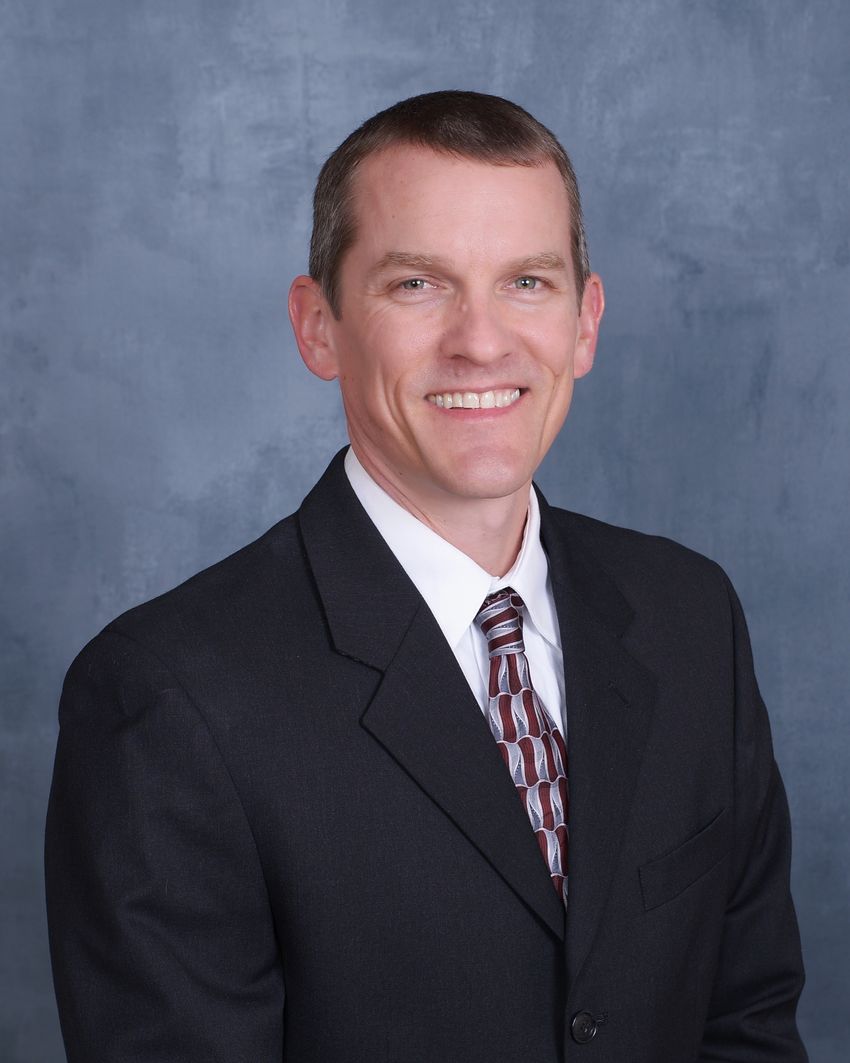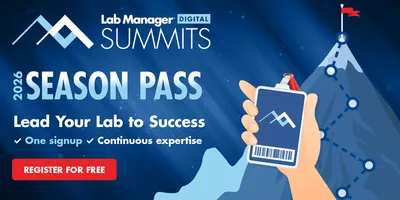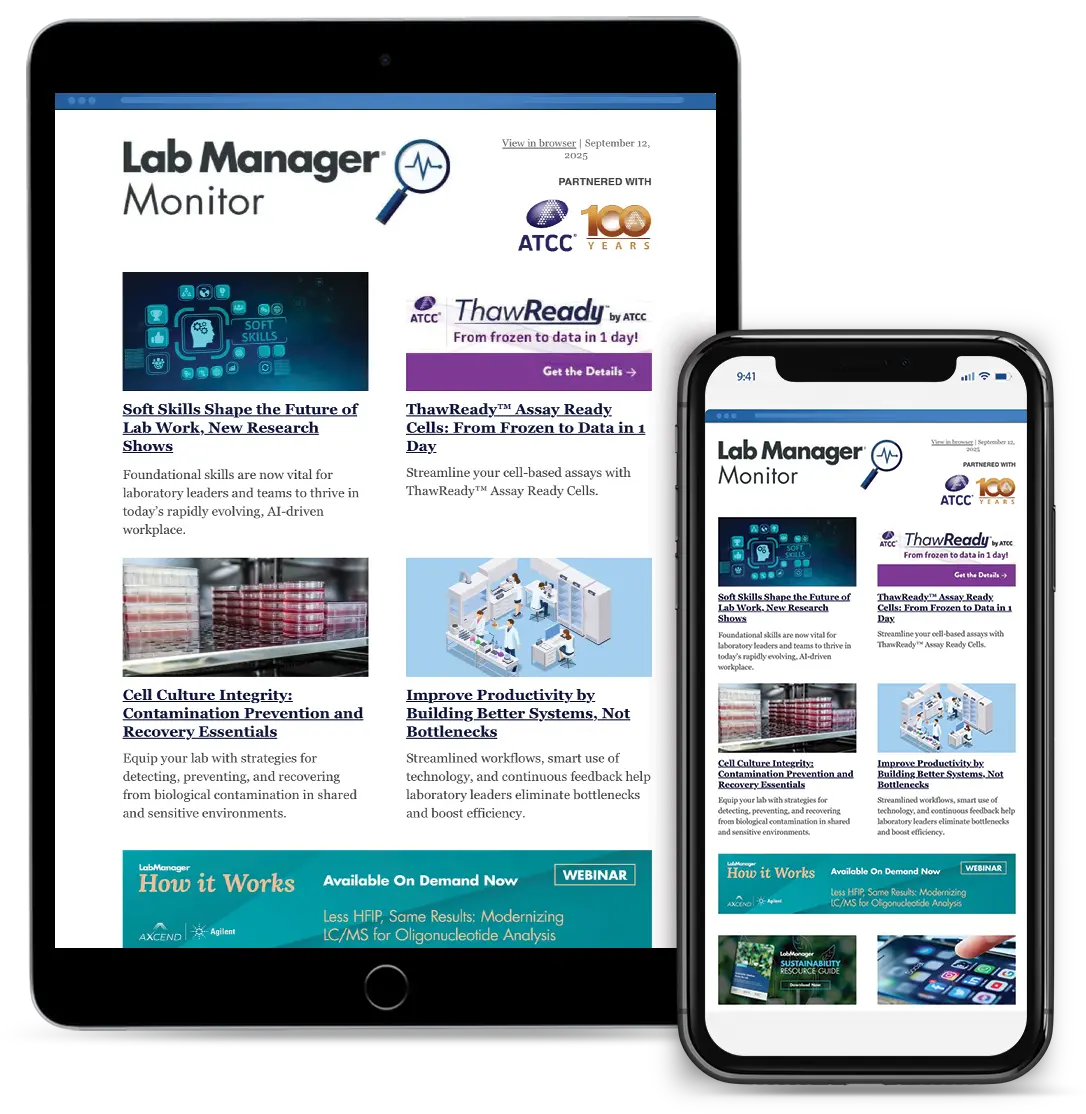For many lab managers, making the shift from overseeing daily lab operations to driving long-term strategy is one of the most difficult transitions in their careers.
Todd McEvoy, PhD, has faced this challenge head-on. With a foundation in R&D at Air Products, followed by more than a decade at Intertek in both technical and managerial roles, he built the skills needed to lead larger teams and broader operations. Today, as head of analytics – Americas at Evonik, Todd reflects on what it takes to succeed at the executive level. Here, he shares lessons learned from his own journey and offers guidance for lab managers preparing to take on senior leadership responsibilities.

Todd McEvoy, PhD
Q: What mindset shifts were most important for you when moving from a hands-on management role to a more strategic leadership position?
A: There are a number of mindset changes that were needed, some more subtle than others, but equally important. These changes included:
Decision-making: The scope of decision-making changed significantly. In a hands-on management role, decisions were made based on the thinking of the group or department. In a strategic role, decisions typically involve consideration of all the science we performed, the entire organization, and our clients.
Problem-solving: In a hands-on role, problem-solving is typically short-lived in the sense that we solve problems in the moment. With the strategic position, problem-solving often becomes a long-term exercise where many of the factors influencing decision-making only develop over time.
Consistency: It is easier to manage consistency with the science processes, staffing levels, and employee development, client relationships, and even pricing within a single group or site. The challenge becomes managing these topics across multiple sites where consistency needs to be maintained, especially when clients are served by multiple locations. It takes significantly more coordination to establish consistency.
Strategy: In a hands-on role, the focus was on the execution of a strategy. In a leadership role, the mindset changes to developing the strategy that others will execute rather than executing it yourself. It can be challenging for some leaders to step away from executing the strategy.
Details: As I progressed through my career and into more senior roles, I’ve had less access to all the details—experiments being performed, instrument troubleshooting, issues with orders, etc. Being comfortable without knowing all the little details has been a significant change, but it’s been manageable with having reliable group and site leaders.
The team: In the hands-on role, the team worked together to execute projects. In a leadership position, we tend to focus on developing the skills and talents of our teams for the long term. The expectation is that we can make more business impact by building a high-performing team through investing in education and training.
Q: What new skills or competencies did you have to develop to succeed in your current role?
A: There were a variety of new skills that I had to learn along the way. Some of them didn’t seem too interesting, but as I developed them, I was able to gain significantly more knowledge about the business.
- Legal – confidentiality agreements, liability protections, intellectual property
- P&L – digging into the finances with extreme detail allows for unraveling of opportunities to improve the business.
- Quality – gaining exposure to regulated environments required me to learn a great deal about quality systems. This allowed me to drive improvements in less-regulated environments.
- Delegation – allow others to take on work rather than doing it myself.
- HR – as a leader, more time is spent ensuring we have the right people on the team. It is highly rewarding to work with HR teams that allow for building and subsequently recognizing high-performing teams.
Q: Can you give an example of one of the significant challenges you faced during the transition to senior leadership, and how you handled it?
A: When I transitioned to a new job or took on additional sites, a key factor in how successful I would be in that role was how quickly I could build trust. Was I going to be part of the team or “just another senior leader passing through”?
My approach to building trust started with asking questions, and not for the sake of asking, but to help me define the condition of the group or business. Then, I solved some sticky problems that remained unsolved due to a lack of attention. I like to involve others in problem-solving so that they understand I value their opinions and want them to feel they don’t need to ask permission for everything. Lastly, I ensured we celebrated successes.
Q What advice would you give to lab managers who want to position themselves as leaders beyond their immediate teams?
- Clearly understand how your team impacts the success of the department, site, or business. If you don’t, then you can’t demonstrate to senior leaders the impact you have helped create.
- Continue learning. Business/industry trends can help you prepare for change and allow you to see where leadership opportunities may develop.
- Ask questions. Set up time with the leadership team to ask questions about the business and then see where opportunities might develop.
- Let others know you are interested in new opportunities and be able to articulate why.
Q: How do you approach communicating the value of the lab to non-scientific leadership within the organization?
A: There are three key areas to help with communicating value.
1. Monetize the team’s contributions. This may not be the easiest, and if it is not, then start by developing assumptions. Then make estimates based on the assumptions.
2. Demonstrate client impact. The use of client feedback and success stories is a great way to show how your team positively impacted others. Sometimes a story is more meaningful than numbers.
3. Learn to speak in other people’s terms. I use this often, as not everyone is a scientist. I tend to put things in terms of cars. It is certainly easier for Procurement to relate to spending money on repair and maintenance on a car than on an X-ray photoelectron spectrometer.
Q: Are there specific types of projects, training, or cross-functional experiences you’d recommend lab managers pursue? Or what other practical steps can managers take to prepare themselves for more responsibility?
A: First, volunteer your time to try something that isn’t your expertise, and you may not understand. If you work at the bench, go work in quality. This is an opportunity to understand the challenges faced by both sides with the goal of seeing how these teams can work better together.
Another idea is to manage a real outside partnership (e.g. university). Ensure that the management includes everything from science to intellectual property, reporting, training, project quotes, invoices, payments, project updates, giving and receiving partnership feedback, both good and bad
Q: Looking back, what do you wish you had known before stepping into a senior role?
A: Being transparent about company changes and business performance is important. However, being as transparent as possible with your team isn’t always the easiest to navigate. It takes some time to understand when it’s the right time to communicate, so that it isn’t done prematurely but also doesn’t leave the team in the dark.
Q: Anything else you’d like to add?
A: Be PRESENT. Senior leaders should be visible and present often. This is especially important when visiting sites. It doesn’t go over well with others when a senior leader visits a site and spends the entire time in a conference room. Leaders should take time to talk with staff, understand their work, and ask about challenges that they can address.
Recognize your team by showing appreciation for their efforts. Remember, you wouldn’t be here if it weren’t for their work.
Todd McEvoy, PhD, is the head of analytics - Americas at Evonik Corporation. Prior to this role, he was the senior director of lab services at Azzur Group. He also worked at Intertek, serving in both technical and leadership roles, including senior scientist, laboratory operations manager, and general manager. He joined Intertek in 2010 after six years with Air Products and Chemicals in various research and development roles, including microscopy, surface science, polymer analysis, and on-site water treatment pilot trials.
















